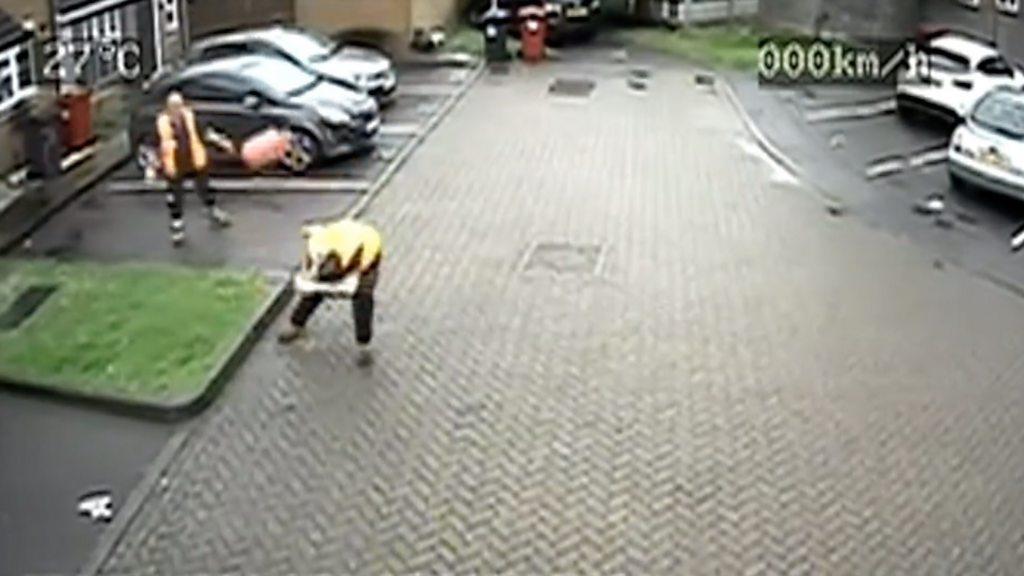Do not throw vapes in the bin, urge waste workers
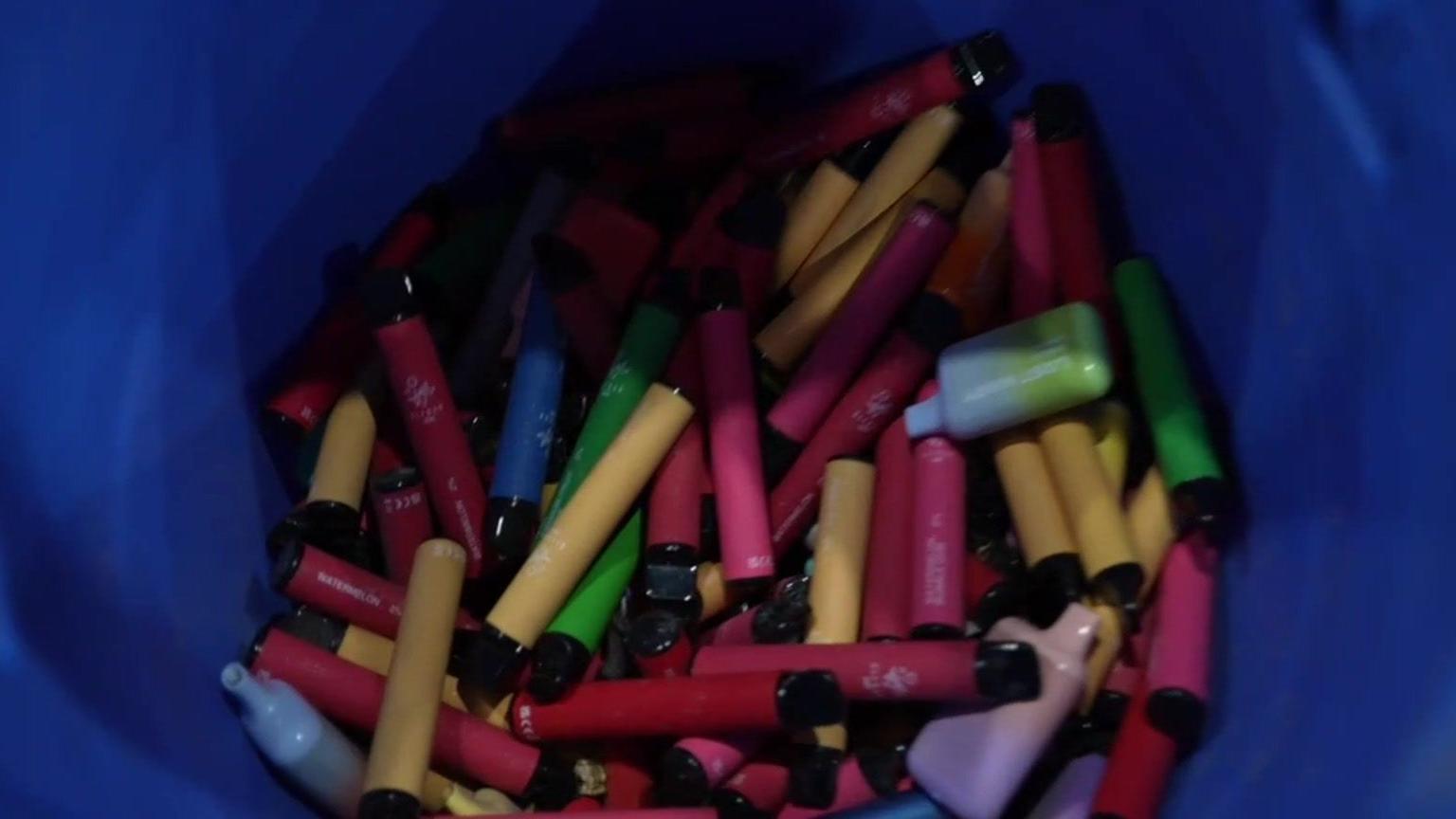
Batteries in disposable vapes should be properly disposed of
- Published
Disposable vapes are among dangerous items being thrown away in household waste and causing fires and explosions, putting refuse workers at risk, local councils and waste companies have warned.
Awareness of the issue is being raised after two recent cases of explosions in the back of bin lorries caused by discarded lithium ion batteries, which are found in vapes, being compressed by the lorry’s crusher.
Newham Council in east London said in another recent incident an empty gas bottle, which had been disposed of in a household waste bin, ignited in a waste collection vehicle, leading to an explosion that injured a crew member.
Waste company Veolia said it was seeing a fire every day at its recycling facilities.
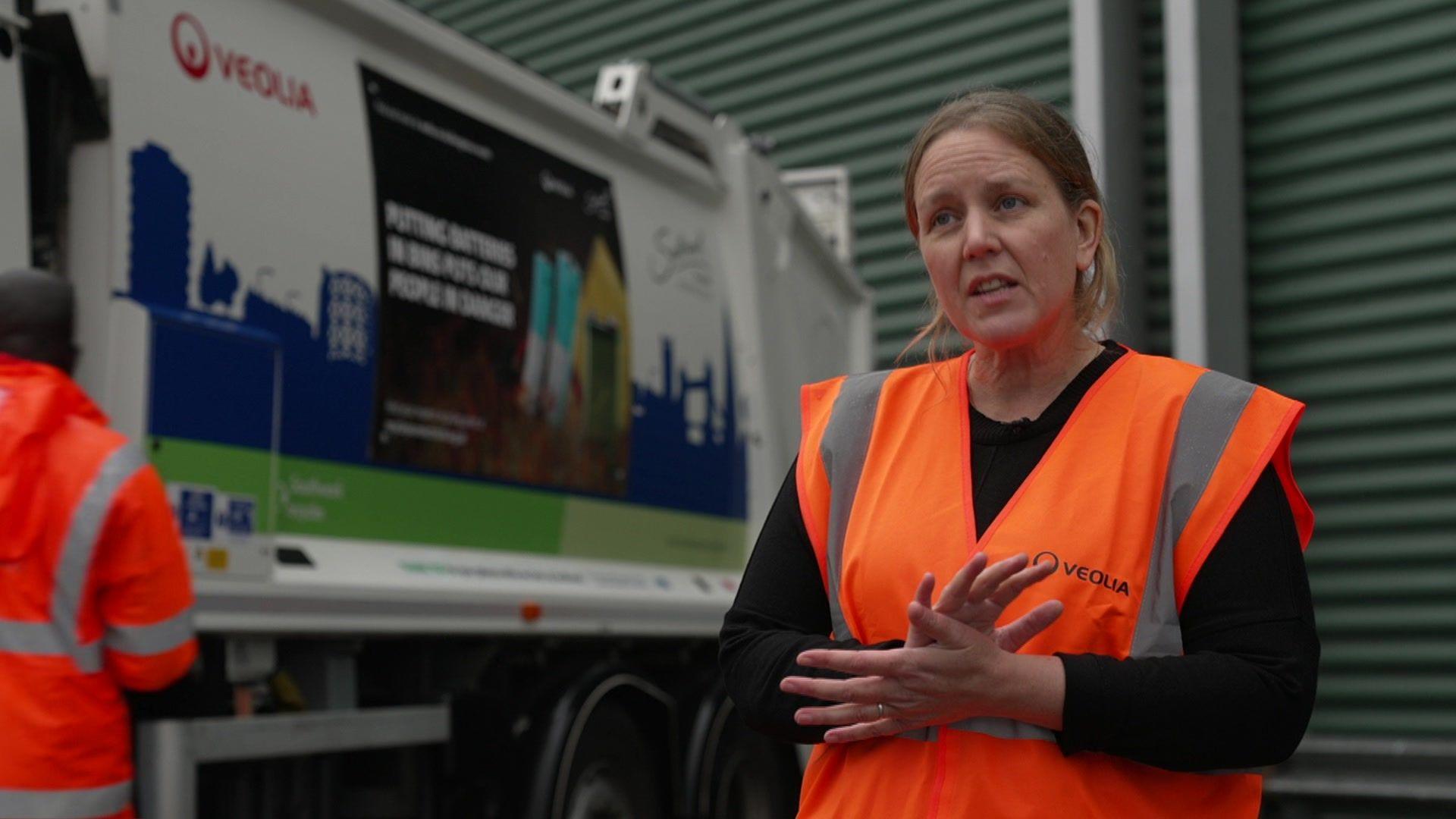
Rachel Jay of Veolia says batteries can catch fire in waste disposal facilities
Rachel Jay, head of education at Veolia, told BBC London: “When they put something with a battery into their waste, when we pick that up it goes into a vehicle that has a compactor in the back and when that compactor essentially crushes the battery, that can cause a spark and cause it to ignite.
"Of course that is in there with your other packaging materials and those materials can also be flammable and take from that spark.”
People are being urged to take potentially dangerous items to local collection sites or retailers for safe disposal as waste-related incidents are on the rise across the UK, with more than 1,200 battery-related fires reported last year.

Take used batteries back to the retailers, says Newham Council
Lynsey Smith, head of environmental quality at Newham Council, said: “It can be challenging to get to a tip if you don't have a car and then it has to go back to the retailers - spend a couple of minutes online, have a look at your local collection site for that item and it will be likely to be on the high street or one of the one of the big supermarkets, even some of the big hardware stores will take back the batteries if they sell them.”
Items that should be taken to recycling centres and disposed of safely include vapes, which contain lithium-ion batteries that can ignite when crushed, electrical items with batteries or plugs that can explode or catch fire, and nitrogen oxide canisters and other gas bottles, even when empty, can cause explosions.
Listen to the best of BBC Radio London on Sounds and follow BBC London on Facebook, external, X, external and Instagram, external. Send your story ideas to hello.bbclondon@bbc.co.uk, external
- Published1 October 2024
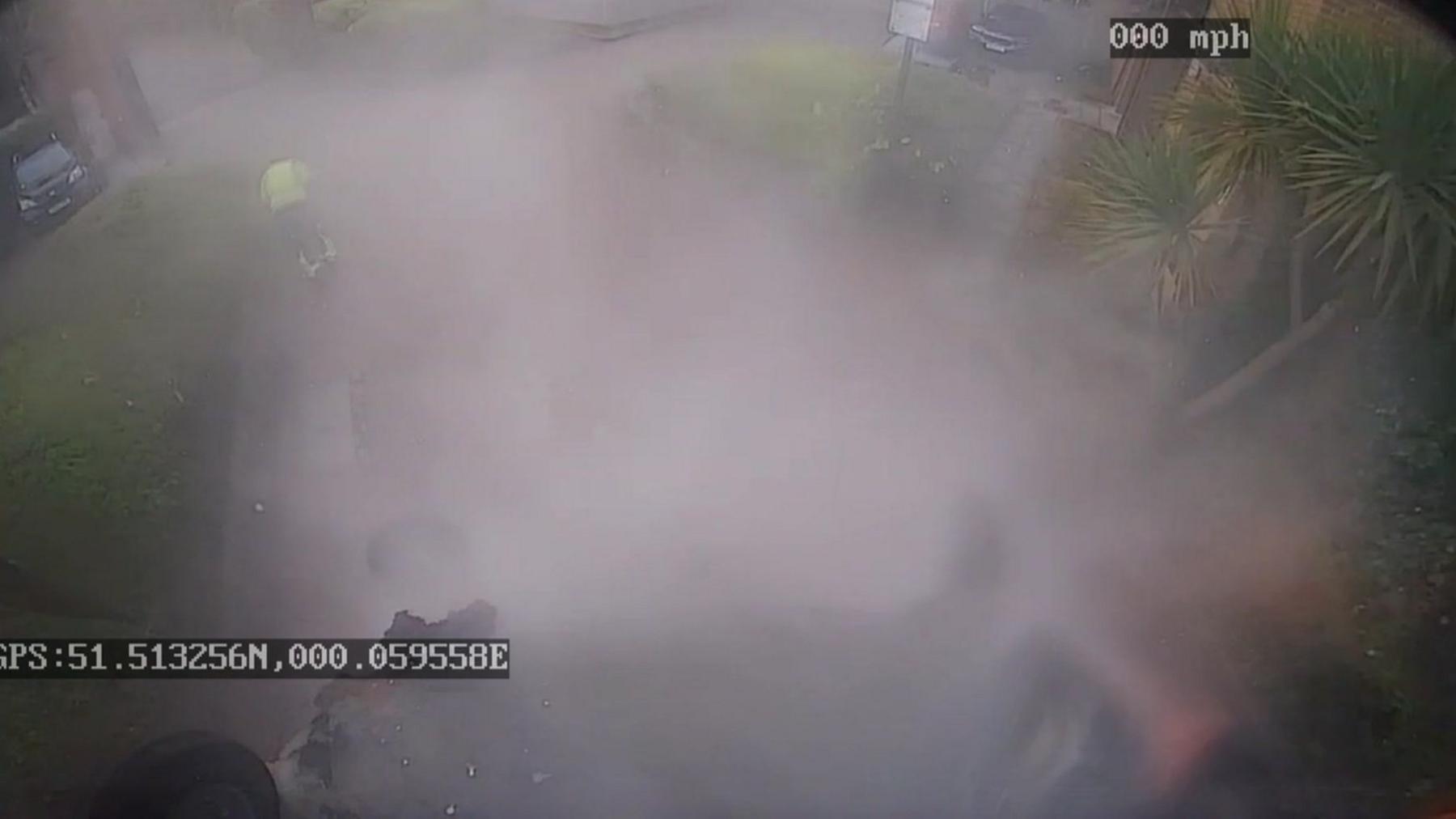
- Published25 September 2024
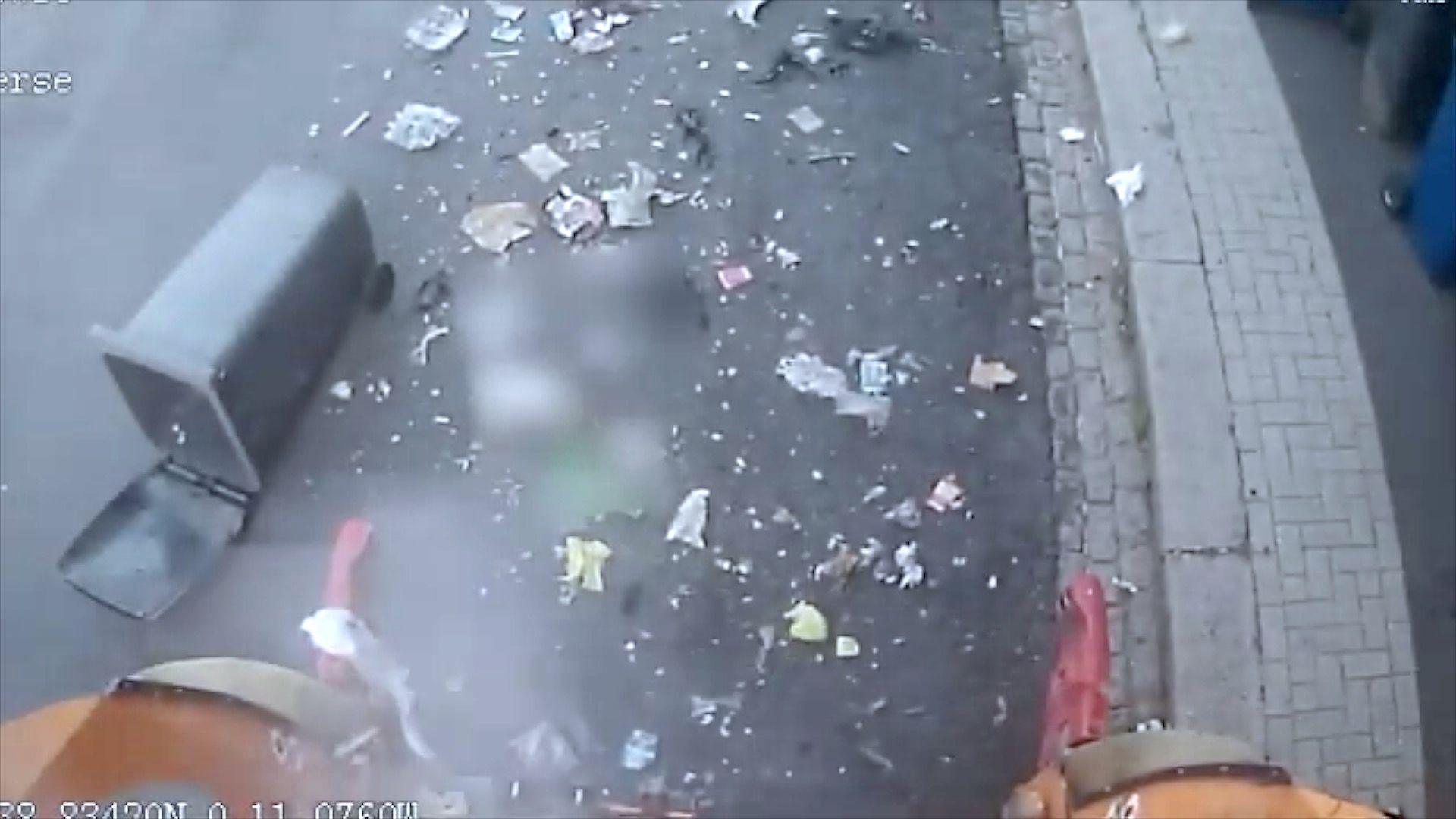
- Published16 May 2024
